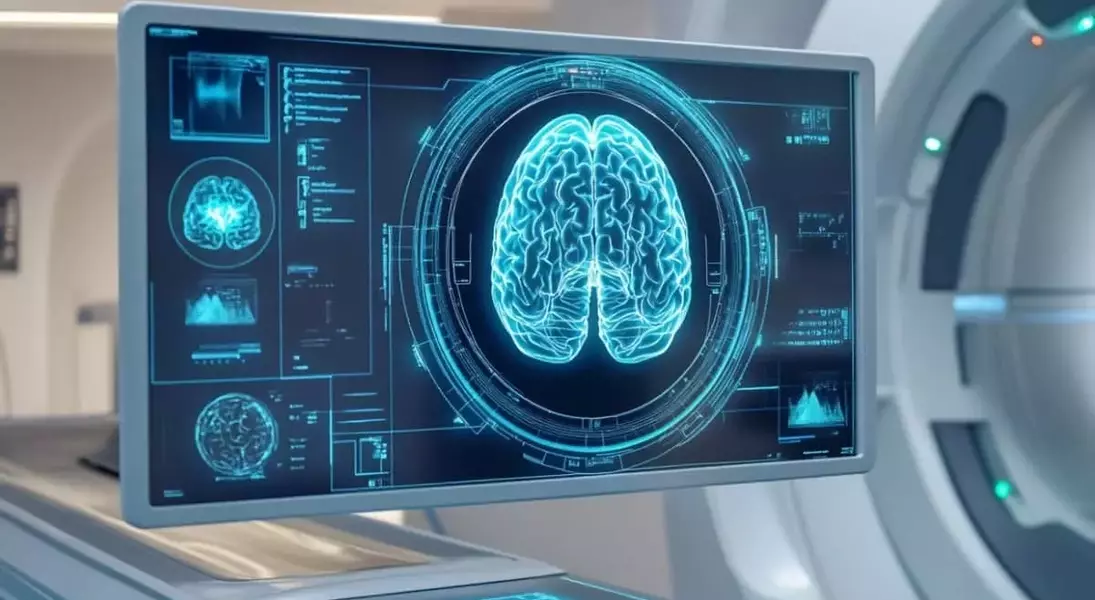
An innovative artificial intelligence system has been developed to identify the shift from relapsing-remitting multiple sclerosis (RRMS) to secondary progressive multiple sclerosis (SPMS) much earlier than traditional methods. This breakthrough leverages extensive clinical data to offer precise predictions and confidence ratings for each evaluation, paving the way for more effective treatment strategies. By analyzing routine healthcare information, such as neurological examinations and imaging results, this model provides a comprehensive understanding of disease progression.
The validation process demonstrated remarkable accuracy in detecting SPMS transitions, often surpassing documented timelines within medical records. With an overall success rate nearing 90%, the AI model offers early insights into the evolution of the condition. Early detection empowers physicians to adapt treatment plans promptly, potentially slowing down the advancement of symptoms. Moreover, the unique feature of providing confidence levels ensures that healthcare providers receive reliable guidance, enhancing decision-making processes.
Precision in healthcare is crucial for optimizing patient outcomes. The introduction of this AI-driven approach signifies a significant leap forward in managing multiple sclerosis. By facilitating timely interventions and reducing the likelihood of administering ineffective medications, it not only benefits individual patients but also contributes to advancing clinical research. Additionally, the open-access availability of the anonymized model fosters collaboration among researchers worldwide, promoting the development of personalized and more effective therapeutic strategies. Such advancements underscore the transformative potential of integrating cutting-edge technology with medical science for the betterment of human health.
